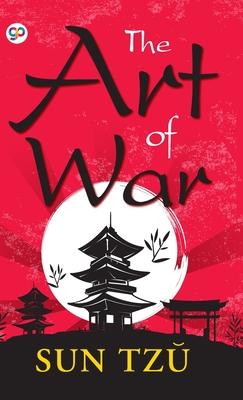Sun Tzu believed war to be an essential wrongdoing that must be got rid of whenever it can be. The war should be fought fleetingly to reduce economic decline. Sun Tzu harped on the significance of placement in military tactics. The planning to position an army must be dependent on the stipulations in the physical surroundings and the subjective thoughts of various militants in those conditions. He believed that strategy cannot be considered as planning with respect to glancing through a previously decided list. It is better represented by the fact that it needs speedy and suitable reactions to altering situations. Planning gives results in restrained surroundings. But in case of an altering environment, similar plans come in each other's ways and give rise to undesired outcomes. It has had an influence on Eastern and Western military thinking, business tactics, legal strategy and beyond.
ABOUT THE AUTHOR:
Sun Tzu, also known as Sun Wu or Sunzi, was an ancient Chinese military strategist believed to be the author of the acclaimed military text, 'The Art of War'. Details about Sun Tzu's background and life are uncertain, although he is believed to have lived C 544-496 BCE. Sun Tzu believed in the use of the military sciences to effect outcomes that would result in peace. Through 'The Art of War', Sun Tzu's theories and strategies have influenced military leaders and campaigns throughout time, including the samurai of ancient and early-modern Japan, and more recently Ho Chi Minh of the Viet Cong and American generals Norman Swarzkopf, Jr. and Colin Powell during the Persian Gulf War in the 1990s.
